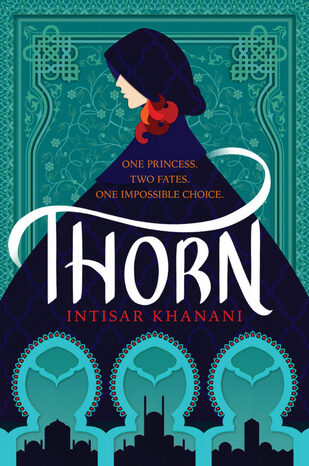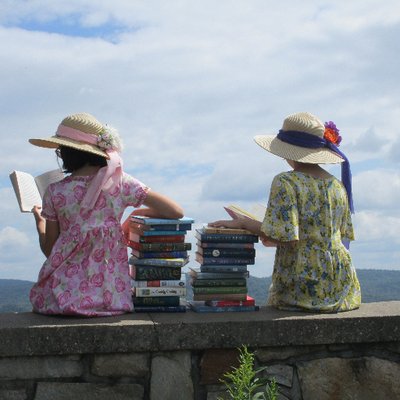
Princess Alyrra has never been understood or even accepted by her royal family, who deem her too honest, too weak, and too unintelligent. When the king of Menaiya, a nearby country whose size and power dwarfs Alyrra's tiny homeland, requests that she marry his son Kestrin, she sees no reason to refuse. Leaving everything she knows be-hind doesn't sound so bad, after all--even if the rumors claim that Kestrin chose her for her disposability, a supposedly sought-after trait in the fraught, danger-ous Menaiyan court. Alyrra might prefer a life away from royal conflicts and intrigue, but at least she can escape her family.
But while traveling to Menaiya, a powerful and mysterious woman steals Alyrra's very identity and gives it to her maid, leaving Alyrra a lowly, cast-off servant in a foreign land and her treacherous maid to marry Kestrin, and, surely, to betray him to the same sorceress.
Alyrra knows she should warn Kestrin of her upcoming betrayal--and yet doing so would require reclaiming her life as princess. And in Menaiya, working as a goose girl beside the lower-class citizens of her new home, Alyrra finally realizes the quiet life she's always dreamed of, away from the tense politics of court.
But Menaiya is also rife with injustice. And as Alyrra begins to see more clearly the painful effects of the kingdom's shortcomings, and the suffering it's inflicted upon the people who have become her friends, she must decide whether she will stay the goose girl forever--or if she will give up her quiet life for a chance to stand up for the people who need it.
I loved Thorn, a thoughtful and unique take on a classic fairytale which lends it powerful realism and striking beauty. To begin with, Alyrra's subversion of the Goose Girl is phenomenal; having the heroine welcome her lowly position rather than resenting it, as well as gladly leaving her family, was unusual and added unique depth to her character, helping me connect with her due to the simple fact that many fairy-tale heroines are difficult to truly relate to, and Alyrra's contradiction of these tropes lent her a refreshing dimensionality. Her gradual discovery of the injustices surrounding her, too, felt anything but contrived: Thorn became so much deeper as she struggled to reconcile the life she was leading with the possibility of making others' existences better, and the authenticity of her choices brought a quiet power to this story which "The Goose Girl" certainly lacked. This book gives voice to its characters' struggles without becoming overwhelmed by them; even the most difficult of topics were handled with sensitivity and thoughtfulness. I highly recommend Thorn to readers ages twelve and up who enjoy fairy tale retellings and strong female characters.



 RSS Feed
RSS Feed
